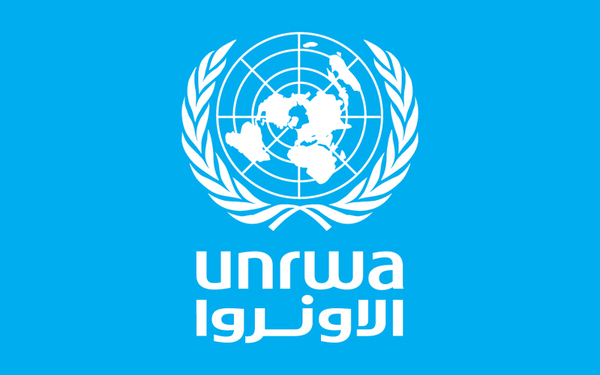Business as usual is nicely defined as “Persistence in the ordinary course of events despite difficulties, morality, and other hindrances.”
This month the Department of State published its “Framework for Cooperation Between the United Nations Relief and Works Agency for Palestine Refugees in the Near East and the Government of the United States of America for 2015.” Near the top it states that:
The United States and UNRWA have been working in formal partnership through a Framework for Cooperation since 2005 to provide humanitarian assistance to UNRWA’s beneficiaries in accordance with its mandate as approved by the United Nations General Assembly. The United States and UNRWA review their Framework for Cooperation annually to advance shared objectives. It is understood that this document, in its entirety, constitutes policy commitments by UNRWA and the United States, and is therefore not intended to be legally binding.
The Framework might as well be legally binding, for all the reforms it demands of UNRWA.
What reforms might one seek?
Think about the discoveries of last summer, during the Gaza war between Israel and Hamas. July 17: 20 rockets found in a vacant UNRWA school. July 22: more rockets found in another UNRWA school. July 30: rockets found in an UNRWA school for the third time. Nor was that all. In the first case, it seems that Hamas was called upon to remove the rockets, which suggested that UNRWA was turning them back over to Hamas rather than seizing them or asking the UN for help. In the 2012 employee union elections, 25 of 27 seats apparently went to Hamas supporters. (This may make it slightly less mysterious why Hamas can hide rockets at UNRWA locations. And here is a more recent report of support for terrorism by UNRWA staff.) Finally, there was this moment during last summer’s war: “Three IDF soldiers were killed on Wednesday in Gaza in an explosion at a booby-trapped UNRWA health clinic that housed the opening of a tunnel….”
The Framework concludes this way:
The United States expects to remain an active participant in UNRWA’s Advisory Commission, which meets twice per year, and should endeavor to provide advice and guidance to UNRWA through its engagement at meetings of the Advisory Commission. In 2015, the United States is expected to serve as Vice-Chair of the Sub-Committee to the Advisory Commission and endeavors to provide leadership and support to the Sub-Committee in its capacity as a technical advisory group to the Advisory Commission. The United States and UNRWA should regularly consult bilaterally on policy and program issues identified in this Framework.
Here are some ideas for those regular bilateral consultations in 2015: No more business as usual. Thorough, independent investigations of each rocket incident. An investigation of the health clinic incident. An investigation of the influence of Hamas on UNRWA staff, and through that staff and its union on UNRWA schools and other facilities.
There is no possible claim of ignorance: last summer’s war exposed the UNRWA-Hamas ties yet again. In that context it is shocking that State has signed a Framework that mentions none of this, none at all, and says nothing about curing it and preventing recurrence. Shocking–but, one has to admit,not particularly surprising.
http://blogs.cfr.org/abrams/2014/11/28/business-as-usual-with-unrwa/?utm_source=feedburner&utm_medium=feed&utm_campaign=Feed%3A+eabrams+%28Elliott+Abrams%3A+Pressure+Points%29









